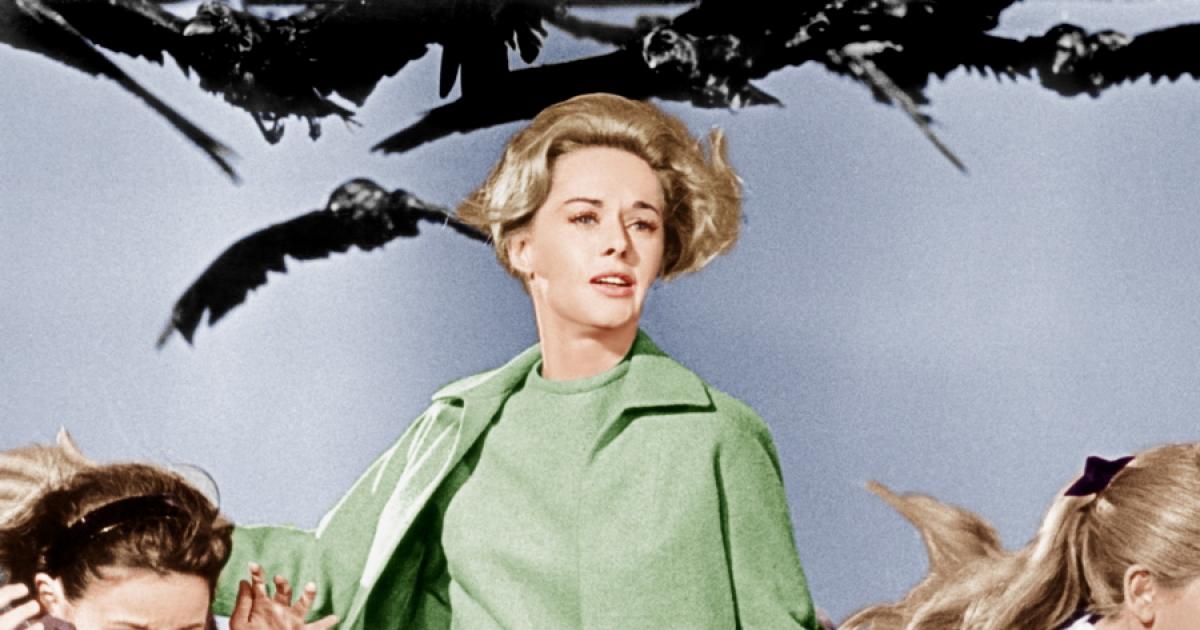We’re away until January 2, but we’re reposting some of our favorite pieces from 2018. Enjoy your holiday!
In 1849, when twenty-seven-year-old Gustave Flaubert left Paris for his life-changing trip abroad, his homeland was in the grips of Egyptomania. The fad had invaded the arts, design, and the home decor of the upper classes. For Flaubert, like for many of his fellow Frenchmen, the Orient, as it was often called, was a source of endless fascination, but visiting wouldn’t be easy on his wallet or his waistline. It was an arduous journey: from mail coach to riverboat to railway then finally to a room aboard an ungainly and fragile boat named Le Nil, which was equipped with a sail, a tall funnel, and a pair of paddle wheels. “The ugly little ship staggered the length of the Mediterranean like a drunkard,” writes Geoffery Wall, author of Flaubert: A Life. After eleven days on board Le Nil, Flaubert arrived in Alexandria, where he found himself overwhelmed by the noise of the animals, the scents of the food, and, above all, the colors. “I gobbled up a bellyful of color, like a donkey filling himself with oats,” he writes. In another letter, dated 1850, he compares the country to being alive in “the middle of one of Beethoven’s symphonies … For the first few days, may the devil take me, it’s an astounding hubbub of color, and your poor old imagination, as if it were at a fireworks display, is perpetually dazzled.”
from The Paris Review http://bit.ly/2Ly0cEa

Comments
Post a Comment